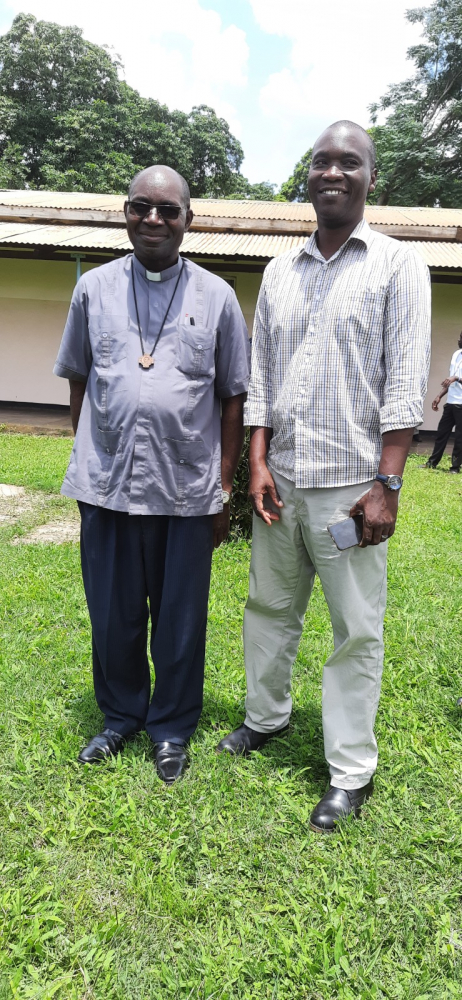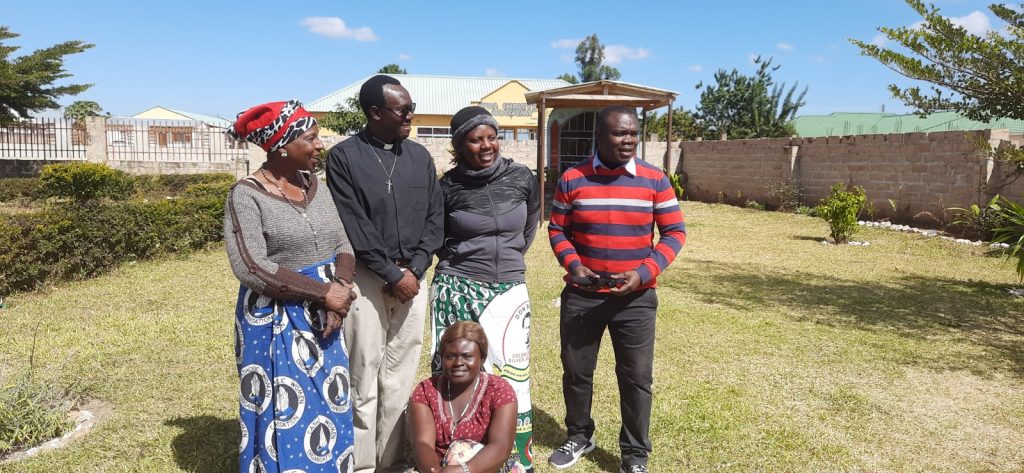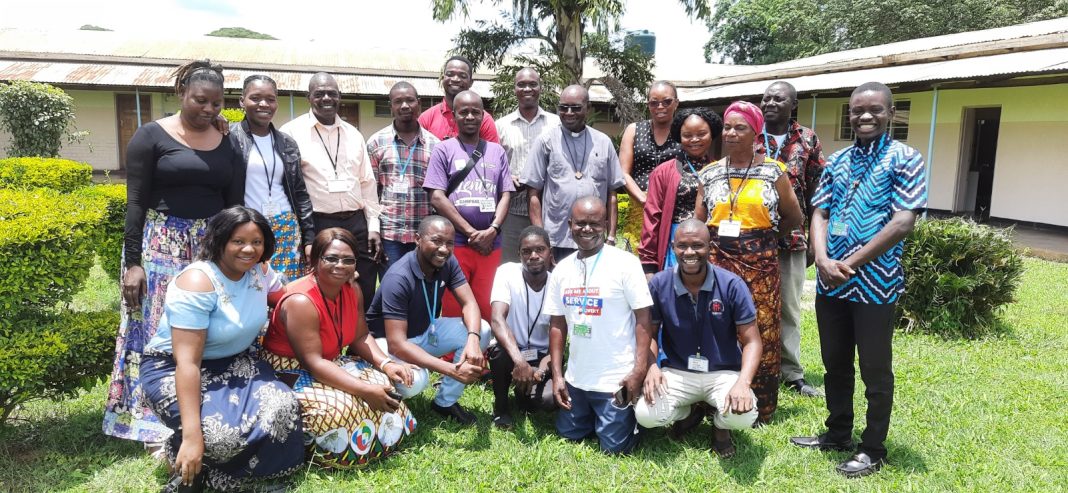Every year, SIGNIS screens project applications on media training, equipment, and production for subsidy from the Pontifical Society of the Propagation of the Faith (PSPF). In 2020, we launched the signisprojectapplication.net online portal, successfully switching from a paper-based to a fully digital application process and making it easier for applicants from all over the world to submit their projects.
This year the Diocese of Kabwe, Zambia, applied to receive POF funds in order to open a new diocesan radio that will help the process of evangelization and communication within the community. Below, Fr. Ignatious Musenge, Formation Councilor and Delegate for Social Communication of the Diocese of Kabwe, tells us more about the goals of this project.
Could you tell us more about this project’s human impact on your community?
The project brought those in charge of communication in parishes together to learn some skills and understand the African communication heritage. The project helped the diocesan team also to reach out to deaneries and meet people at the grassroots. Without the project, the diocese would have not taken the first steps of training communicators that are required to establish the communication department well. Initially, there wasn’t the idea of creating a radio, but it came naturally during the project.

What can you tell us about the community where the project is taking place?
The project was carried out in Kabwe diocese of Zambia. The Diocese is situated in the central province of the country, it is varsity stretching over 400 kilometers in length and counts around 180,000 Catholics. The majority of the people are peasant farmers living in villages usually with no roads, no clean water, and no electricity.
The Diocese is only 11 years old and since its creation, its main focus consisted in building most of the infrastructures, including the offices of the bishop and the Cathedral. The communication department is also in its infancy, as it is focusing on training people and setting up offices with basic equipment.
The Diocese has 31 parishes mostly situated in rural areas with less than 70 priests in pastoral ministry. The province does not have any publication and neither does the Diocese, as reading culture is not well developed. There are a few commercial and community radios but nothing Catholic, therefore the idea of having a Catholic radio is an organic part of our plan. In order to carry out the project and lessen the costs, it is easier to conduct media training in 4 of the deaneries that are used for pastoral animation.
What are your main objectives with this project?
Our objective is to have evangelizers who understand the role of communication in spreading the message of the Church. Communicators need to understand that evangelization takes place in particular contexts and cultures, thus understanding the cultural communication of the people involved is indispensable. Other objectives include uniting the Diocese through well-coordinated news and information and making it visible across different media platforms.
Why do you think PSPF should continue to support these projects?
There is no evangelization where there is no communication: for proper evangelization, there should be proper communication. Therefore the training of communicators and mobilizing tools for communication is of great importance in the process of evangelization. In missionary lands and poor countries, local resources are far from meeting the expected demand in the areas of communication, and for this reason, the international mobilization of funds and other resources by PSPF becomes the better, most efficient way of ensuring continuous evangelization.
Modern evangelization requires modern communicators who are able to use modern language and modern tools. PSPF support for communication initiatives in Africa and elsewhere is essentially what gives life to the dioceses.




